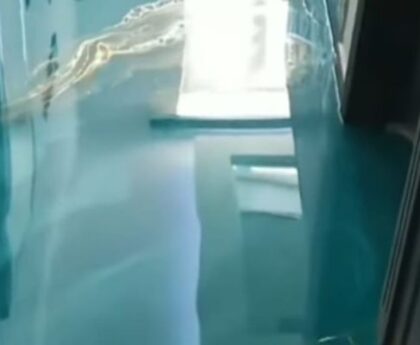Resin Code 7: Other Plastics
Resin Code 7, often labeled as “Other,” encompasses a wide range of plastics that do not fall under the categories defined by Resin Codes 1 through 6. This category includes various unique and specialized plastics such as polycarbonate, polylactic acid (PLA), nylon, and more. In this article, we will explore what Resin Code 7 includes, its common uses, benefits, recycling challenges, and its environmental impact.
What is Resin Code 7?
Resin Code 7 is a catch-all category for plastics that are not classified under the first six resin identification codes. This group includes diverse types of plastics with different properties and applications, such as:
- Polycarbonate (PC): Known for its high impact resistance and clarity, often used in eyewear lenses and electronic casings.
- Acrylic (PMMA): Used in products requiring clear, glass-like appearance, such as aquariums and display cases.
- Nylon (PA): Known for its strength and used in textiles, automotive parts, and industrial applications.
- Acrylonitrile Butadiene Styrene (ABS): Used for its toughness and rigidity, commonly found in LEGO bricks and electronic housings.
- Polylactic Acid (PLA): A biodegradable plastic derived from renewable resources like corn starch, used in compostable packaging and disposable tableware.
Common Uses of Resin Code 7 Plastics
The versatility of the plastics in the Resin Code 7 category means they are used in a wide array of products, including:
- Consumer Electronics: Casings for laptops, smartphones, and other devices are often made from polycarbonate or ABS.
- Automotive Parts: Nylon and polycarbonate are used in various automotive components due to their strength and durability.
- Medical Devices: Polycarbonate is used for medical equipment like syringes and IV components due to its clarity and strength.
- Packaging: PLA is increasingly used for eco-friendly packaging solutions that are compostable and biodegradable.
- Textiles: Nylon is widely used in the production of clothing, ropes, and industrial fabrics.
Benefits of Resin Code 7 Plastics
- Diverse Properties: The wide range of materials in this category means that specific plastics can be chosen for their unique properties, such as clarity, strength, or biodegradability.
- High Performance: Many of these plastics offer superior performance in terms of impact resistance, flexibility, and thermal stability.
- Innovation and Specialty: These plastics often enable innovations in various fields, from medical devices to sustainable packaging.
Recycling Resin Code 7 Plastics
Recycling Resin Code 7 plastics presents several challenges due to the diversity of materials involved. The recycling process typically involves:
- Collection: Products are collected through specialized recycling programs, as they are often not accepted in standard curbside recycling.
- Sorting: The collected plastics must be meticulously sorted to separate different types of Resin Code 7 materials.
- Cleaning: The sorted plastics are cleaned to remove contaminants, which is especially crucial for materials used in medical and food applications.
- Reprocessing: The clean plastics are shredded into flakes or pellets, which are then melted and reformed into new products.
Environmental Impact
The environmental impact of Resin Code 7 plastics varies widely due to the diversity of materials in this category:
- Biodegradability: PLA and other biodegradable plastics offer environmentally friendly options, reducing the persistence of plastic waste.
- Chemical Safety: Some Resin Code 7 plastics, like polycarbonate, may contain harmful chemicals such as bisphenol A (BPA), raising concerns about their safety and environmental impact.
- Recycling Challenges: The complexity of recycling these plastics means that many end up in landfills, contributing to plastic pollution.
Conclusion
Resin Code 7 includes a broad spectrum of plastics that are essential to modern life, from high-performance engineering materials to innovative biodegradable plastics. While they offer significant benefits in terms of functionality and performance, their diverse nature poses challenges for recycling and environmental management. By understanding the importance of these materials and supporting appropriate recycling initiatives, consumers and industries can help mitigate their environmental impact. Always check for the resin code on plastic products and follow local recycling guidelines to ensure that Resin Code 7 plastics are properly managed and recycled where possible.

